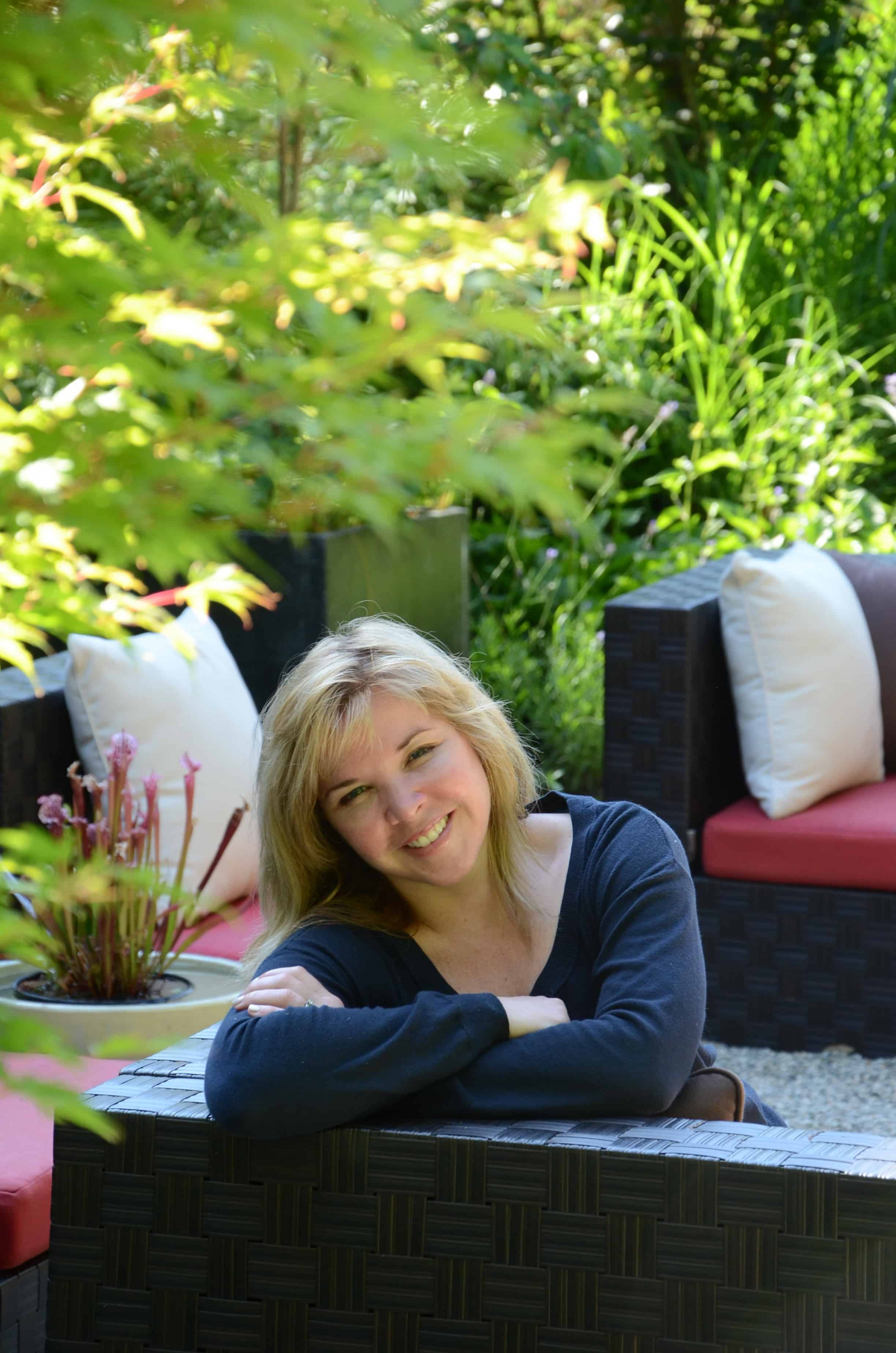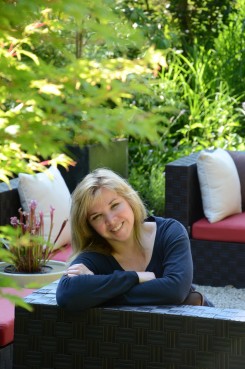With over 25 years of experience in landscape architecture, arboriculture, and horticultural planning, Senga Lindsay knows what she’s talking about when she says that everyone — even city-dwellers with no yard — can plant a garden. During a recent interview with The Varsity, the author of Edible Landscaping: Urban Food Gardens That Look Great shared some of her insights about urban gardening for beginners.
The Varsity
What are some essential tools that you would recommend for the first-time gardener?
Senga Lindsay
Most tools you need are basic and won’t break the bank. You’ll want a small shovel and trowel, and a cultivator for weeds. Gardening gloves are a must, [as] a sanitary as well as protective measure. A good pair [of gloves] is my splurge. Also, a watering can because you might have to transport water from a distance.
The Varsity
Are there any low-maintenance plants you can recommend for the beginner-gardener?
Senga Lindsay
Ornamental grasses are my number-one favourite plant. They are disease- and pest-free and you just cut them down in the spring and they grow back the by mid-summer. They change with the seasons too; you get fresh green growth in the spring, by mid-late summer you get plumes of blooms, and in winter they turn into dried arrangements.
The Varsity
Is home-created compost as good as commercial fertilizer? Why or why not?
Senga Lindsay
Home compost is far superior than commercial fertilizer [because] compost not only supplies nutrients to the soil, but it aerates the soil and acts [as] a storage, holding and releasing water as needed by plants. It also introduces organisms like worms and small microbes, which break down the organic matter and allow further release of micronutrients that all plants need.
The Varsity
Your book has great tips for properties of all sizes, but it feels like your target audience is geared more towards homeowners. Since most students and recent graduates are renters, I was wondering: are there any methods of gardening/specific plants that can be transported from place to place during a move?
Senga Lindsay
Look for perennial plants, like most herbs, as they do not grow so big that they can’t be transplanted. They are easily dug up, and are adaptable to either pots or in the ground. It’s best to keep your edibles in containers so you can simply move the whole thing. Annual edibles like tomatoes will not take kindly to being dug up, and chances are you will either set the plant back so that it will not produce well, or even kill it.
The Varsity
Many students are soon going to be out apartment-hunting. If a prospective property has a garden, what are some things to look for? What are some good questions to ask the landlord?
Senga Lindsay
The things to look for in a prospective garden are as follows: location (most edible gardens need minimum of six hours of direct sunlight), good soil (a friable soil with lots of organic matter), access to water (like a hose bib), opportunities to establish pots, and places to store tools… You should check with your landlord as to the modifications that would be allowed to the garden. Many will not be keen for you to rip out and modify an existing garden — particularly if you plan to be there only a year or two — as they’ll be left with the results, and the next tenant might not be keen to keep an edible garden. Pots are an easy way to keep edibles without too much impact on the existing space.
The Varsity
What are your thoughts on seed saving and seed sharing, on a personal scale? What are some good ways of preserving this tradition.
Senga Lindsay
[Seed sharing] is essential in order to preserve many of the heirloom varieties and/or to develop new varieties of plants that are endemic to your area and are better adapted to the area you live in. By developing these kinds of plants, you support a plant community that is overall more resistant to pests and diseases as well as tolerant of the local climatic conditions.
The Varsity
Some of the tips in your book were really interesting. I particularly liked your idea of making cloches out of plastic bottles. Any last tips for the amateur gardeners out there?
Senga Lindsay
Always start out small. Tackle one part of your yard at a time. While you can have a bigger design and landscape plan on paper, don’t overwhelm yourself and get too ambitious. Make sure you have the time commitment and the passion, then increase your gardening real estate accordingly. And research lots! There is a plethora of information out there on every aspect of edible gardening. Knowledge is the key to success in growing and successfully harvesting a crop.



